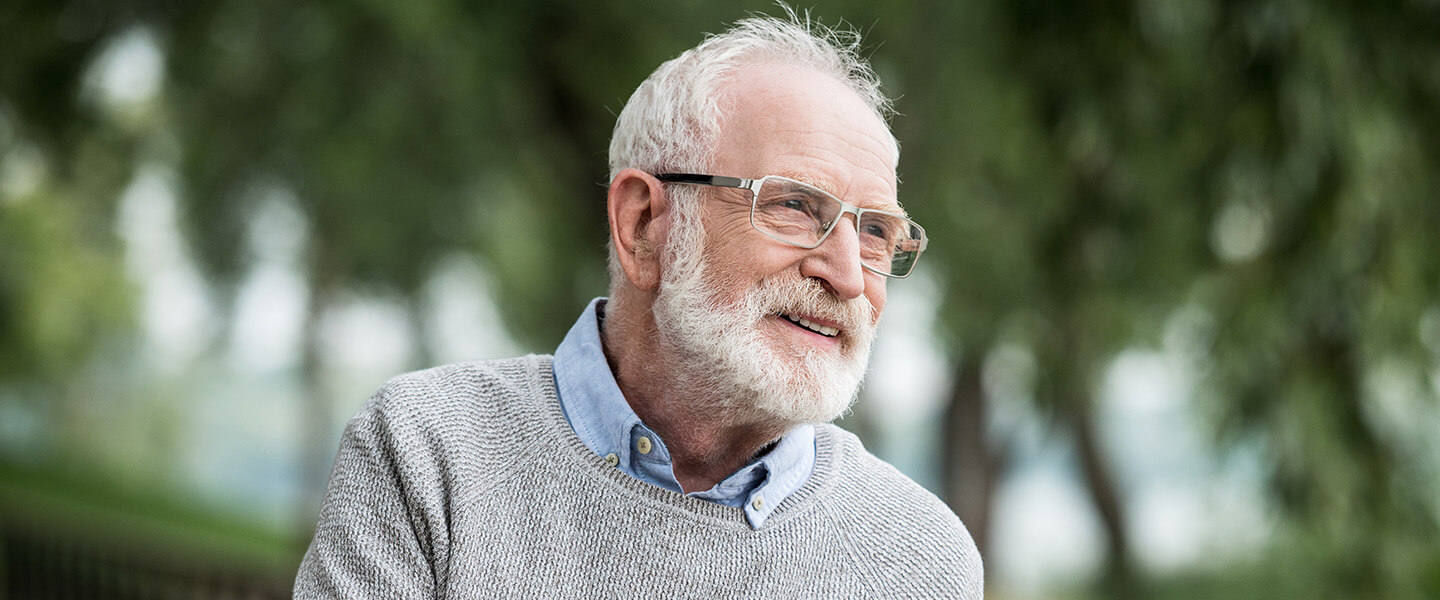Study of Seniors With Depression Shows How They Are Dealing With the COVID-19 Pandemic
Study of Seniors With Depression Shows How They Are Dealing With the COVID-19 Pandemic

In a first measure of the impact of the COVID-19 pandemic crisis on the mental health of American senior citizens with preexisting depression, a team of researchers that includes several BBRF grantees and prize winners has published some preliminary observations and conclusions.
The most important finding, perhaps, is that while most participants in the study appeared to be coping with social isolation, a majority said they were more worried about contracting the virus than about suffering a mental health relapse.
The study, appearing in the American Journal of Geriatric Psychiatry, assessed 73 seniors with an average age of 69, drawn from a study of 743 seniors already participating in a clinical trial called OPTIMUM (Optimizing Outcomes of Treatment-Resistant Depression in Older Adults). The 73 participants live in four cities: New York, Los Angeles, St. Louis, and Pittsburgh. Two-thirds were women. When enrolling in the OPTIMUM study, all had depression that had resisted treatment with conventional therapies such as antidepressant medicines and psychotherapy.
There was generally good news about the mental health of the participants. While 32 of the 73 (44%) said they felt more depressed since the onset of the pandemic, and 33 said they felt more anxious, none of the 73 had symptoms as severe as at “baseline,” when they were recruited for the OPTIMUM trial. Study leaders also noted that there was no increase in suicidal thoughts among the 73 participants. This good news comes with an important caveat: the COVID study only assessed participants’ symptoms and attitudes during the first 2 months of the COVID crisis, when interviews were conducted.
Overall, 53 (72%) of the seniors described “reduced quality of life” as a result of the need to practice physical distancing—reflecting decreased person-to-person interactions and restrictions on leaving home. Yet only 5 of the 73 (7%) thought that the risks of becoming isolated were worse than those of developing COVID-19.
Authors of the study, who included Charles Reynolds, M.D., winner of the 2016 BBRF Pardes Humanitarian Prize in Mental Health; Helen Lavretsky, M.D., a 1999 BBRF Young Investigator; and Jordan Karp, M.D., a 2010 BBRF Yong Investigator, noted that despite higher levels of depression and anxiety, most participants in the study found that coping strategies they had learned in dealing with their preexisting depression and anxiety were helping them to deal more successfully with the pandemic crisis.
One participant, for instance, told the research team: “I‘ve spent a lot of time by myself [and] am relatively acclimated to a level of isolation that I think is greater than most people.”
In fact, though, only 26 of the 73 participants described themselves as completely isolated. Two-thirds of participants were either single or had lost their spouse. Most were managing to keep up with loved ones and friends via phone and video calls. Others reported that the crisis resulted in their loved ones paying more attention to them than previously. Counteracting these positives were complaints of boredom, missing meaningful activities, and in some cases, the need to defer regular healthcare.
The research team said an unexpected finding from their interviews with the 73 participants was a response given by 33 (45%) who, without prompting, complained or lamented the ability of the federal government to mount a coordinated response to COVID-19.
“Our data suggest that participants were actively coping with mental health challenges,” the team reported, but stressed that their interviews were conducted during what may appear in retrospect as a “honeymoon phase” of the crisis. “The COVID-19 pandemic is likely to last months or years," the team wrote. “Continued follow-up may find indications of worsening mental health.”
The researchers also expressed serious concern about ways in which the pandemic appears to be disproportionately affecting African-American, Latino, and Native American groups; and acknowledged that “for some older adults, particularly those in nursing homes and assisted living facilities, the pandemic and associated physical distancing has been catastrophic.”
Successful coping, they concluded, is more likely when affected seniors can draw on coping strategies they have developed in the past, have routine social contact of some kind, and the good fortune to have sufficient financial resources.
Corresponding author of the study was Megan Hamm, Ph.D., of the University of Pittsburgh.



